International Cotton Advisory Committee
The International Cotton Advisory Committee (ICAC) is an association of governments of cotton producing, consuming and trading countries which acts as the international commodity body for cotton and cotton textiles.
| Abbreviation | ICAC/CCIC/CCIA |
|---|---|
| Formation | September 1939 |
| Type | International commodity body |
| Purpose | Trade and production |
| Headquarters | |
| Location |
|
Region served | World cotton industry |
Membership | 29 members |
Official language | English, French, Spanish, summaries in Arabic and Russian |
Chair of the Standing Committee | Mr Ali Tahir |
Main organ | Standing Committee (4-5 meetings per year), ICAC Secretariat |
Budget | About US$2 million |
Staff | Nine |
| Website | www.icac.org |
Structure and history
Founded at the International Cotton Meeting in Washington, DC in 1939, the ICAC advocates for cotton producing nations, publishes studies and technical information on the cotton industry, and holds an annual Plenary Meeting of member states. While most of the world's cotton producing nations are members, two of the ten largest producers (The People's Republic of China and Turkmenistan) are not members of the ICAC. All of the top five cotton exporting nations are members.
The International Cotton Advisory Committee (ICAC) along with private sector cotton organizations initiated the International Forum for Cotton Promotion (IFCP) in 2000. The IFCP serves as a forum and clearinghouse for the exchange of proven cotton promotion techniques. The IFCP facilitates domestically focused and domestically funded cotton promotion programs.[1]
Member states
Member nations and date joining:[2]

.svg.png)


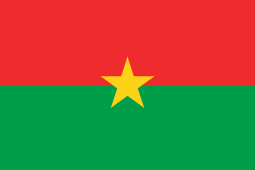
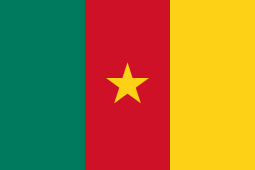
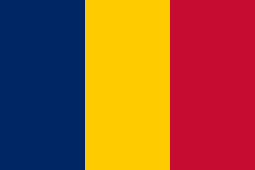
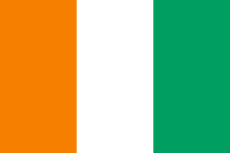





.svg.png)
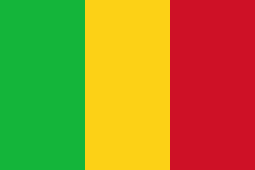
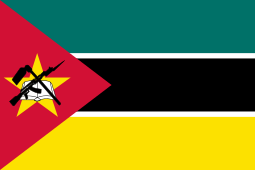




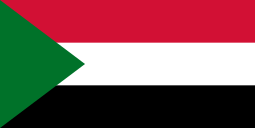


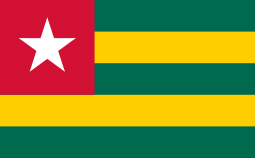



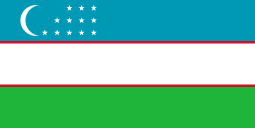
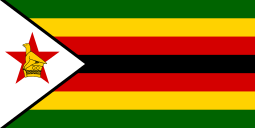
See also
References
- A., A.A. Terhaar Allen (2003-12-01). "The international forum for cotton promotion". 34 (12). Cite journal requires
|journal=(help) - member_countries_september_2010.pdf Archived 2011-07-26 at the Wayback Machine, icac.org
- A Profile of the ICAC, icac.org